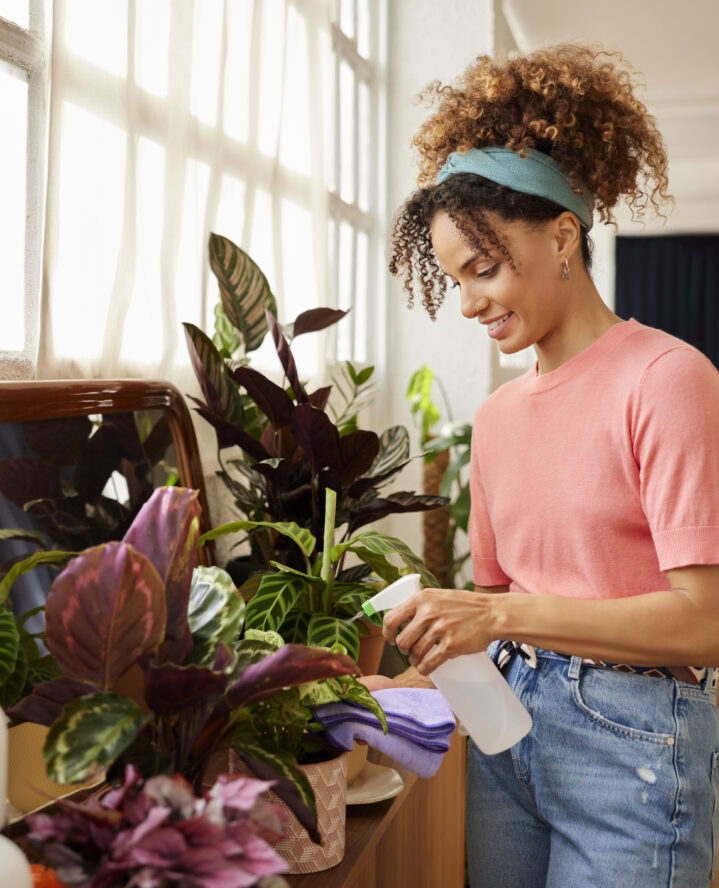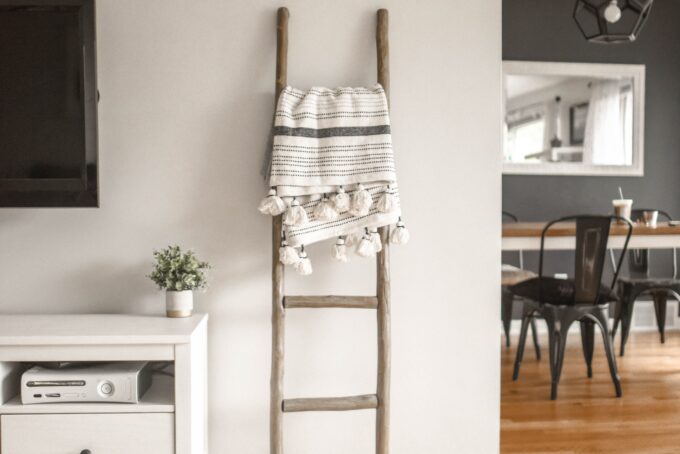You recycle in all the right containers. You upcycle furniture and lean towards eco-friendly products whenever you can. You’re ready for the next step in living a sustainable lifestyle, and composting just might be it. It’s not just about waste reduction; it’s about nurturing your garden, reducing your carbon footprint, and doing your part for the environment. So, if you’re ready to become a composting pro, this guide will get you there.
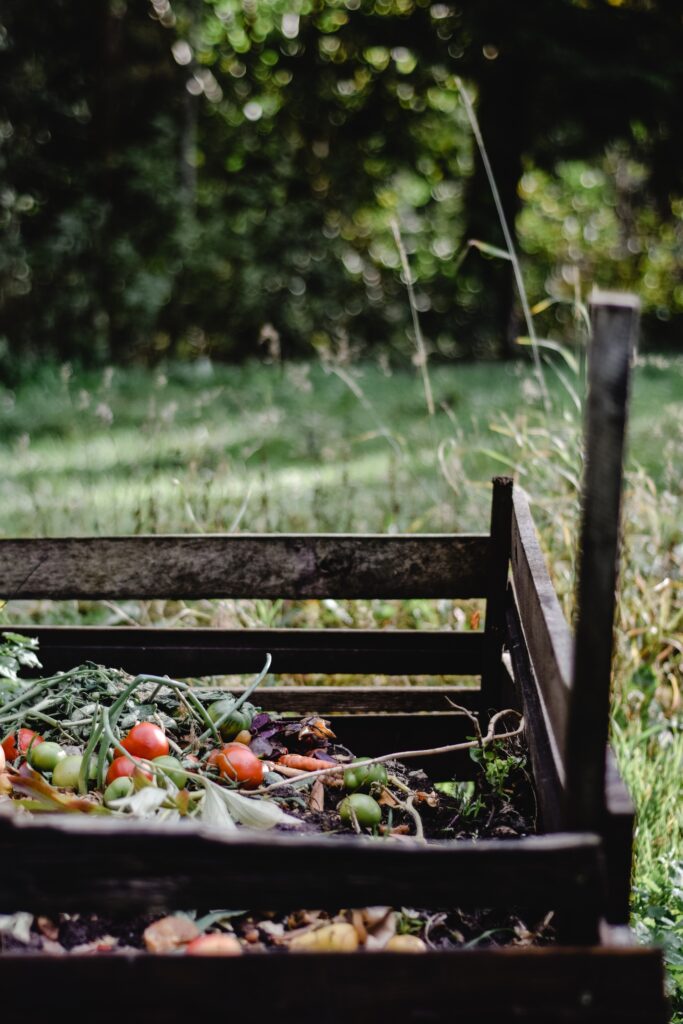
What is composting?
Composting, at its core, is a simple yet incredibly effective way of recycling organic materials. It’s a process where kitchen scraps, yard waste, and other biodegradable materials break down naturally into a nutrient-rich, earthy-smelling substance known as compost. This magic transformation takes place through the collaborative effort of microorganisms, such as bacteria and fungi, along with small insects like earthworms.
Becoming a Composting Pro
While the actual process of breaking down organic materials is complex, the actual effort of composting is simpler than you’d expect:
1. Gathering Your Ingredients
Imagine creating a delicious recipe for your garden. That’s what gathering compost ingredients is like. Your compost adventure starts in your kitchen, where you collect kitchen scraps like fruit peels, coffee grounds, and eggshells. These are the nitrogen-rich “greens” of your compost mix.
But a successful compost recipe also includes the “browns.” These are carbon-rich materials like dry leaves, straw, or shredded newspaper, which provide structure to your compost pile. Balancing greens and browns is essential for an effective composting process.
2. Achieving the Carbon-Nitrogen Balance
The heart of successful composting lies in achieving the perfect carbon-to-nitrogen ratio. Too much of either can disrupt the composting process. A ratio of about 30 parts carbon (browns) to 1 part nitrogen (greens) is the golden standard. This balance ensures that your compost pile decomposes efficiently without becoming a smelly, slimy mess.
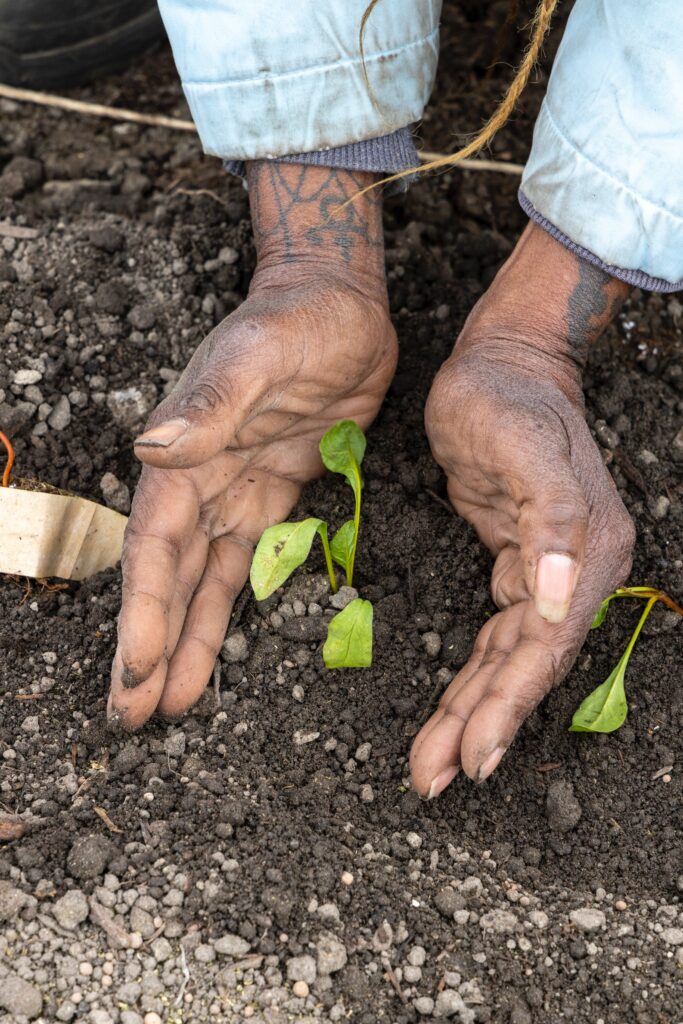
3. Mixing and Maintaining Moisture
Your compost pile is a living entity, and like all living things, it needs proper care. Regularly turning your compost aerates it, providing oxygen to the microorganisms working their magic inside. A well-aerated pile decomposes faster.
Moisture is equally crucial. Your compost should be as damp as a wrung-out sponge. Adequate moisture ensures that microorganisms thrive and break down materials effectively. It’s the key to a thriving compost ecosystem.
4. Having Patience
Composting is a lesson in patience. It’s not an instant gratification game. The microorganisms in your compost pile need time to work their transformative magic. Depending on the conditions, it may take anywhere from a few months to a year to produce dark, crumbly compost ready to nourish your garden.
The Benefits Are Incredible
The beauty of composting is that it’s a continuous cycle that you can keep improving and learning about. Plus, it has so many benefits, such as:
1. A Greener Earth
Composting is a powerful weapon in the fight against environmental degradation. By diverting kitchen and yard waste from landfills, you reduce the production of harmful greenhouse gases. In essence, composting is a small but significant step toward a greener, healthier planet.
2. Nutrient-Rich Soil
Imagine your garden’s soil as the foundation of a house. Compost is the equivalent of the finest building material you can use to strengthen that foundation. It improves soil structure, enhances water retention, and provides a buffet of essential nutrients to your plants. As a result, your plants grow healthier and more robust, producing more bountiful and vibrant blooms or crops.
3. Wallet-Friendly Gardening
Composting is not just environmentally friendly; it’s budget-friendly too. By creating your nutrient-rich soil conditioner through composting, you reduce the need to buy expensive commercial fertilizers and soil conditioners. It’s a frugal gardener’s dream come true.
4. Breathe Easy
Compost-rich soil is home to a thriving community of beneficial microorganisms. These tiny heroes help suppress harmful pests and diseases naturally. So, by composting, you’re essentially building a defense system for your garden. Fewer pests mean fewer pesticides and chemicals, creating a safer and more eco-friendly environment for everyone.
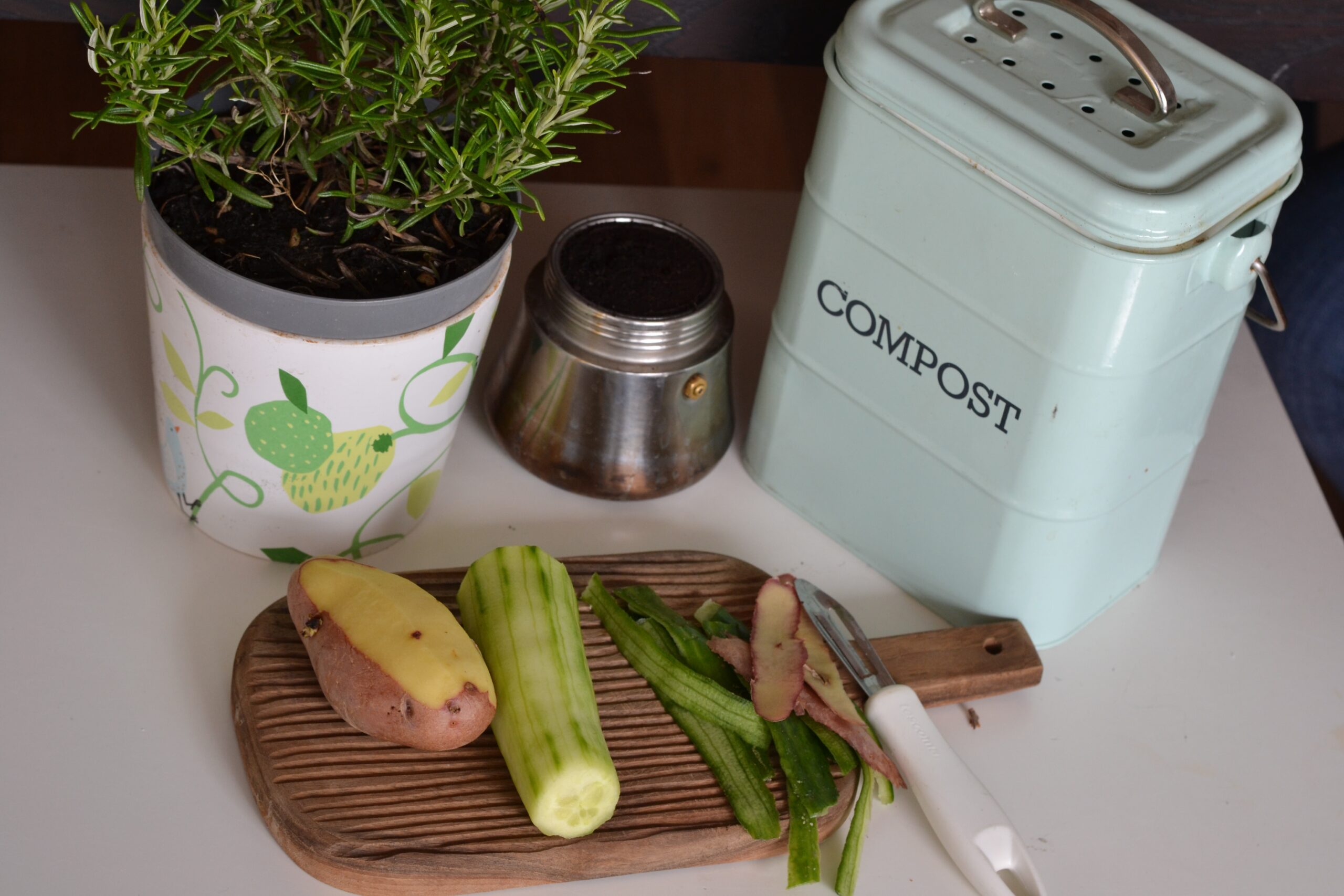
Common Composting Conundrums
As you venture into the world of composting, you might encounter a few common challenges. Here are some quick solutions.
1. Smelly Situation
If your compost pile develops an unpleasant odor, it’s usually a sign of imbalance. Too many greens or excessive moisture can lead to the stink. To remedy this, add more browns, turn the pile to increase aeration, and make sure it’s not overly wet.
2. Unwanted Visitors
Critters like raccoons and rodents may be drawn to your compost pile, viewing it as an all-you-can-eat buffet. To deter them, consider using a secure compost bin or installing a fence around your composting area. This will keep your compost safe and free from unwanted guests.
3. Slow Decomposition
If your compost pile seems to be taking longer than expected to break down, you might need to make some adjustments. Chop your materials into smaller pieces to speed up decomposition and ensure you maintain the right balance of browns and greens.
popular posts
- 1It’s Black Business Month, So Let’s Go Shopping and #BuyBlack!
- 2These Home Decor Items Will Instantly Make Your Space Look Outdated
- 3Black-Owned Home Decor Stores To Support Across the United States
- 4A Look Inside Elon Musk's Tiny $50,000 House
- 57 Black and Multicultural Designers To Follow For Design Inspo
Spaces
Whether it’s luxury or ease, every area of your home should be as fabulous and unique as you.
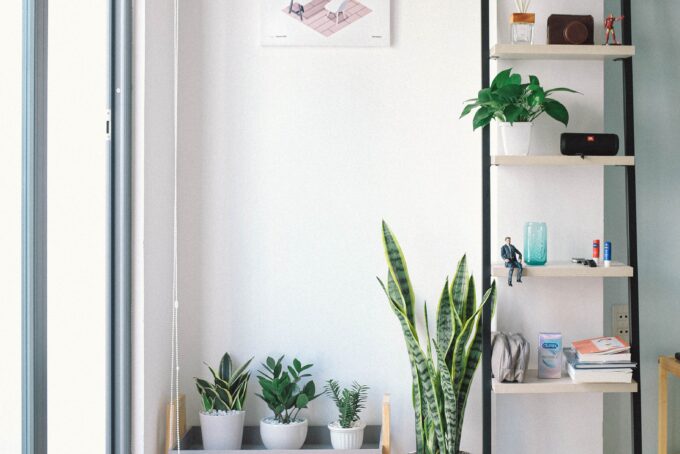
Creating a Sustainable and Zero-Waste Home: Tips & Strategies
by Melody Beuzelin | March 15, 2023
FOLLOW ALONG ON INSTAGRAM
#homeandtexture
Find us on social for more home inspiration where culture, personal style, and sophisticated shopping intersect to help you create a home where you love to live.
